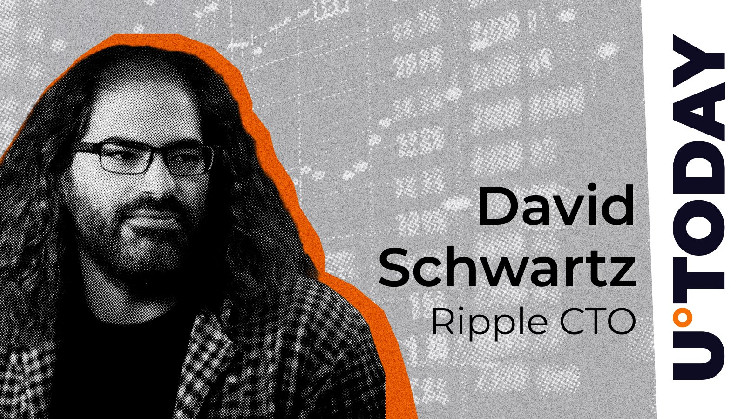In a recent discussion on X, Ripple’s Chief Technology Officer David Schwartz provided crucial insights into the nature of staking in the cryptocurrency market.
Schwartz’s comments were made in response to an ongoing debate about whether crypto staking should be considered taxable.
In explaining his viewpoint, Schwartz noted that the creation of new value and the transfer of existing value are fundamentally different. He explains that staking falls into the former category while interest income falls in the latter. “You don’t earn staking rewards, you create them. They didn’t exist before you created them,” Schwartz stated.
The creation of new value and the transfer of existing value are two different things. Staking is the former. Interest income is the latter.
— David “JoelKatz” Schwartz (@JoelKatz) December 24, 2024
“Someone transferring existing value to you is not analogous,” Schwartz stated, highlighting the unique nature of staking rewards compared to traditional financial income. This clarification is particularly relevant as regulators and tax authorities continue to grapple with how to classify and tax various crypto activities.
Is crypto staking different from stock dividends?
An X user had proceeded to ask the Ripple CTO about the difference between crypto staking and getting dividends from stocks.
Schwartz responded by explaining the key distinction between the two: “When you get dividends from stocks, someone else created/earned them and transferred them to you. With crypto staking, you create the property you receive. Staking is creating property, not receiving it from someone else who earned/created it.”
To put it simply, crypto staking enables token holders to act as validators in a proof-of-stake (PoS) consensus mechanism by locking their tokens into a staking contract. In exchange, they receive rewards, typically in the form of additional cryptocurrency. Staking allows crypto users to put their digital assets to work and earn passive income without selling them.
Read the full article here

